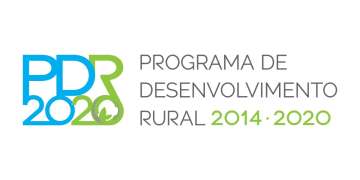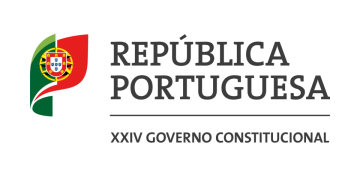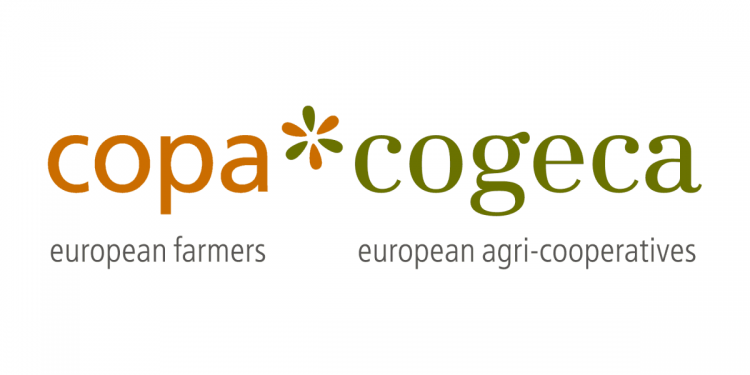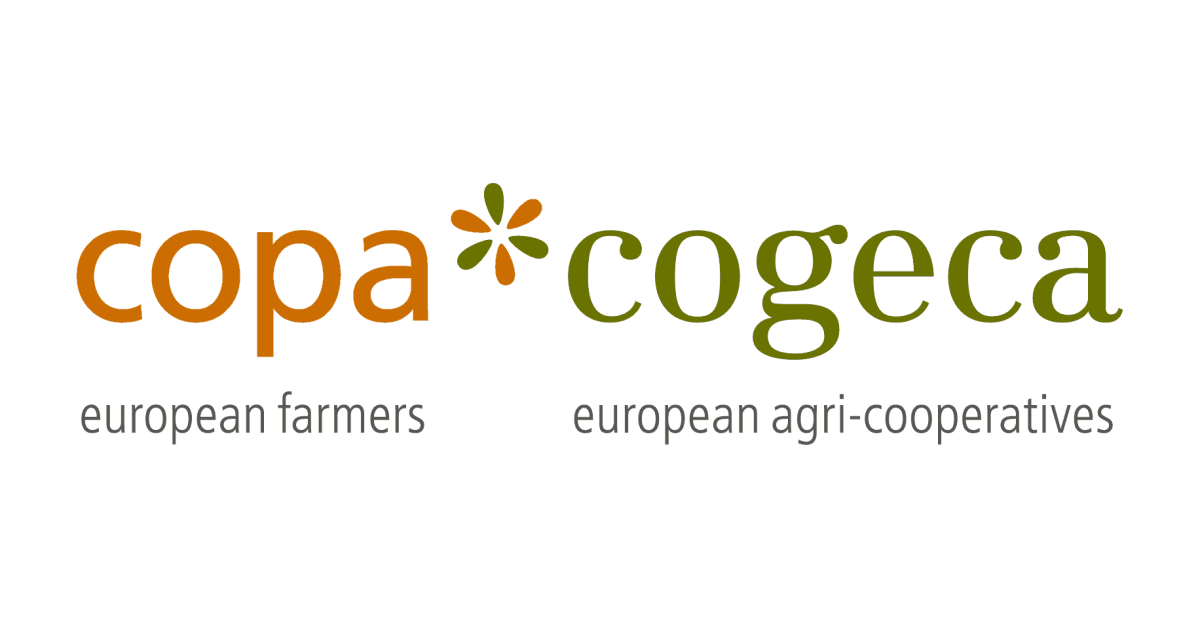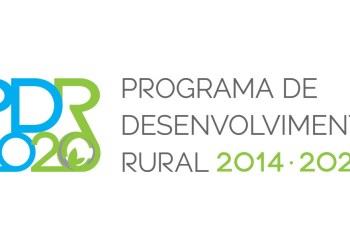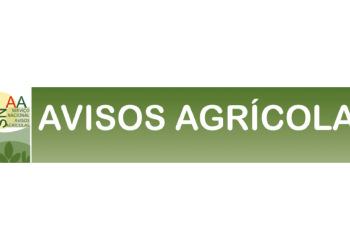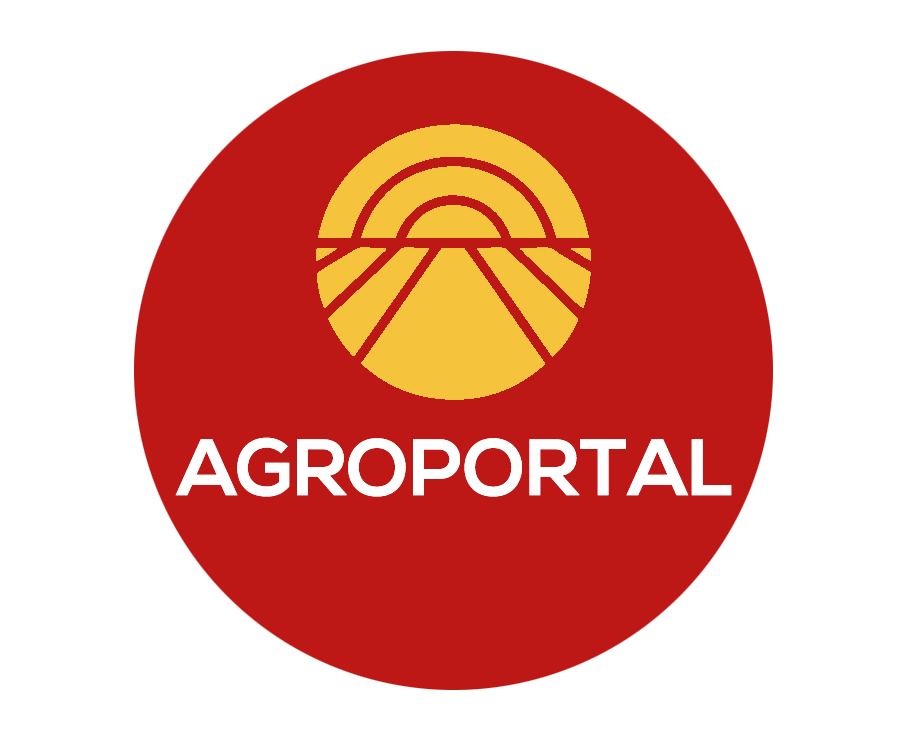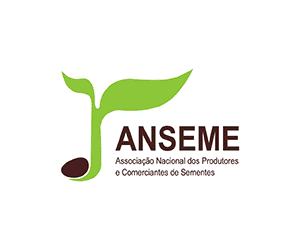With the adoption today by the European Parliament of its final report on a proposal to establish the first EU-level certification framework for carbon removals, Europe is making great strides in the right direction. As the Council also adopted its negation mandates last week, trilogue negotiations will get underway in the coming weeks, and on the right track.
The EU voluntary carbon framework aims to facilitate and speed up the deployment of high-quality mitigation and adaptation actions in the EU, including those originating from carbon farming practices. The European Parliament acknowledges that carbon farming is not just sequestration of carbon but also emissions’ reductions from soil, and enteric and manure fermentation. Copa and Cogeca welcome this step in the right direction, which will enable more farmers to see the benefits of this system.
Nevertheless, we regret that the European Parliament decided to go beyond the original objectives of the Commission’s proposal to include rules relating to the use of certificates, with potential linkages with other EU legislations (i.e., Corporate GHG inventory reporting, emission trading systems (ETS) and a post-2030 target). In fact, the aim of the Certification Framework for Carbon Removals and Carbon Farming should not be to establish how to use certificates, which should be done through the Green Claims Directive, but to ensure their quality.
On its side, on 17 November, the Council adopted its negotiating mandate for talks with the EU Parliament. The negotiating mandate, which was agreed at Coreper level, covers carbon farming (e.g., restoring forests and soil, and wetland management), carbon storage in long-lasting products (such as wood-based construction), and reductions of emissions from agricultural soils, as long as they result, overall, in an improvement of the soil carbon balance.
Both institutions acknowledge the voluntary nature of certification and the establishment of an EU-wide registry. The Council and the European Parliament also agreed on making it mandatory to have co-benefits linked to carbon credits but did also pledge a premium. They maintained the proposed QU.A.L.ITY criteria and the request to develop tailored certification methodologies for different types of carbon removal and soil emission reduction activities by the Commission (assisted by an expert group).
The co-legislators will now start negotiations on the final shape of the text.
Fonte: Copa Cogeca

